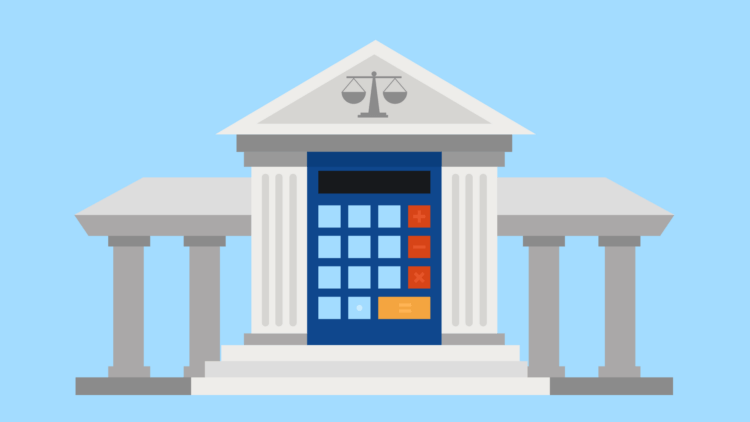Frequently Asked Questions
What is the purpose of a motion hearing?
The purpose of a motion hearing is to allow the parties to present their arguments and evidence to the court in order to persuade the judge to grant or deny the requested action or decision.
How does a motion hearing differ from a trial?
A motion hearing differs from a trial in that it focuses on specific legal issues or actions, rather than determining the guilt or innocence of a party. It is a more limited proceeding that typically does not involve the presentation of witnesses or the examination of evidence in the same manner as a trial.
The 2023 Legal Trends Report
Dive into this data-driven analysis and gain valuable insights on legal cloud technologies, evolving client expectations, state-by-state billing rate breakdowns, and more.






